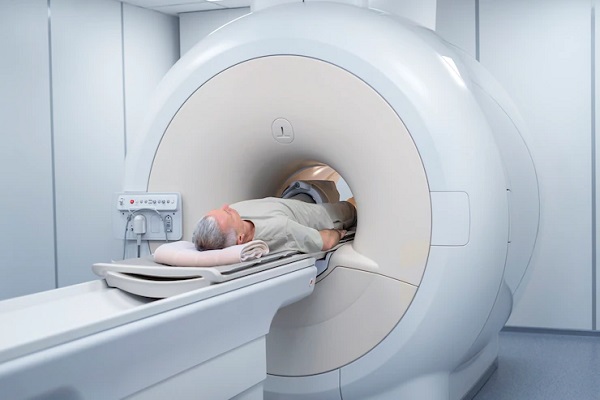CT SCANS
Book Appointment
A computerized tomography (CT) scan combines a series of X-ray images taken from different angles around your body and uses computer processing to create cross-sectional images (slices) of the bones, blood vessels and soft tissues inside your body. CT scan images provide more-detailed information than plain X-rays do. A CT scan has many uses, but it’s particularly well-suited to quickly examine people who may have internal injuries from car accidents or other types of trauma. A CT scan can be used to visualize nearly all parts of the body and is used to diagnose disease or injury as well as to plan medical, surgical or radiation treatment.
Products & Services
Tell your doctor if you’re pregnant. Although the radiation from a CT scan is unlikely to injure your baby, your doctor may recommend another type of exam, such as ultrasound or MRI, to avoid exposing your baby to radiation. At the low doses of radiation used in CT imaging, no negative effects have been observed in humans. A technologist in a separate room can see and hear you. You will be able to communicate with the technologist via intercom. The technologist may ask you to hold your breath at certain points to avoid blurring the images.

How to prepare for a CT scan
CT scans don’t require much preparation. If needed, you can do a CT scan with or without contrast very quickly. In fact, this happens in most cases where a CT scan is needed to diagnose traumatic injuries or a stroke.
If you’re scheduled for a CT scan with contrast dye, it may help to refrain from eating solid foods for up to 4 hours before your test. This is especially true if your CT scan is being done to get images of your abdomen.
If your doctor is using oral contrast for your CT scan, you’ll probably be given the contrast before the day of your scan and instructed on how to prepare and drink it. Generally, you will want to start drinking the solution within an hour or two of your scan, drinking a portion of the solution every 15 minutes.
Your doctor or radiologist will give you specific instructions. If you’re having intravenous (IV) contrast, a catheter will be inserted into your vein when you arrive at the testing facility.
Otherwise, the only preparations you need to take before a CT scan are to remove metallic objects and medication devices from your body. This includes:
